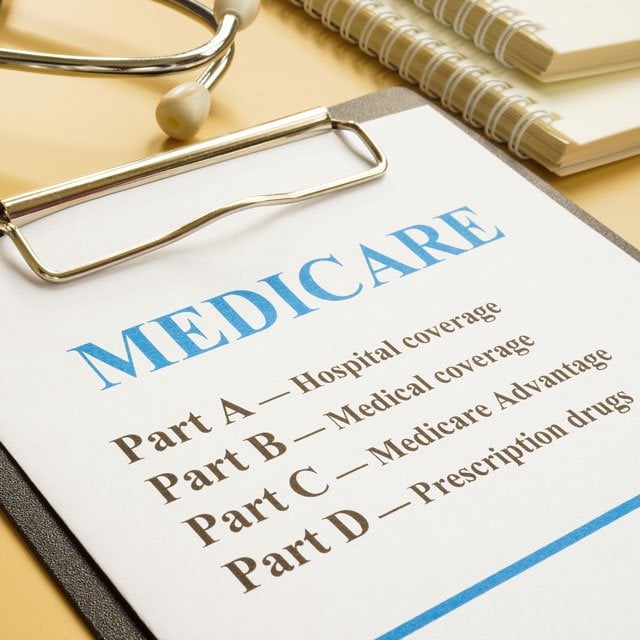Two-Thirds of Americans Worry About Medicare's Solvency

What You Need to Know
One-third of respondents admitted that they do not know how Medicare works to cover medical costs.
Artificial intelligence has the potential to improve patient outcomes and streamline care delivery.
More than 6 of 10 participants worried about living for a long time and running out of money in retirement.
Come November’s elections, Medicare reform and rising health care costs will be top-of-mind issues for many voters.
Some two-thirds of Americans in a new survey expressed concern that Medicare will not be available to them when they need it, the Nationwide Retirement Institute reported this week. A fifth of respondents said that Medicare insolvency worries were their biggest retirement planning stressor.
The survey found that Americans want meaningful reforms of the federal government’s nationwide health insurance program. Forty-two percent of respondents said that ensuring Medicare’s stability should be the next administration’s top health care priority — second only to lowering out-of-pocket health care costs and prescription drug prices.
Both Democrats and Republicans support these reforms, the survey results showed.
“With high living costs already squeezing household budgets, many are worried about having enough saved to cover their long-term health care,” Kristi Martin Rodriguez, senior vice president of the Nationwide Retirement Institute, said in a statement. “Given the current pressures and potential for future health care cost increases, it is never too early to begin planning for health care expenses in retirement.”
The Harris Poll conducted the survey online in July among 1,692 adults residing in the United States.
Barriers to a Financial Safety Net
The survey found that high health care costs continue to short-circuit many Americans’ efforts to build a solid financial safety net:
67% worry that a single health care issue could ruin their finances for years to come.
49% say that medical and health expenses have significantly reduced how much they have or will be able to save for retirement.
44% say that they could not pay off an unexpected $5,000 health care out-of-pocket expense.
25% have canceled an annual physical exam in the past 12 months or are considering postponing one this year because of high inflation.
AI Potential in Health Care
Nationwide noted that artificial intelligence can potentially make health care more affordable and transform the industry. By automating routine tasks and enhancing diagnostic accuracy, AI has the potential to improve patient outcomes and streamline care delivery.
Many survey respondents agreed. Fifty-three percent expect AI to enhance the quality of health care, and 45% believe that it will discover cures for future chronic conditions. A third of respondents also believe that AI can extend their life expectancy, adding about 10 years on average.




